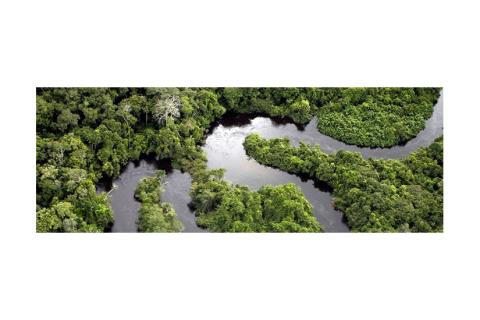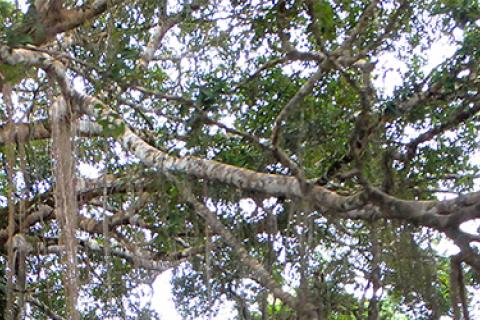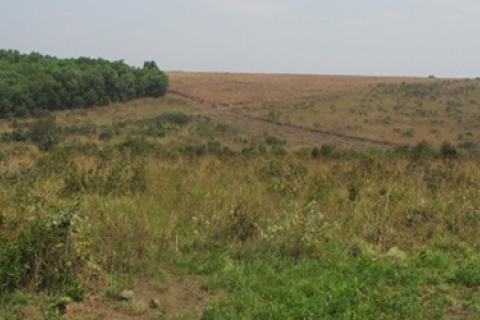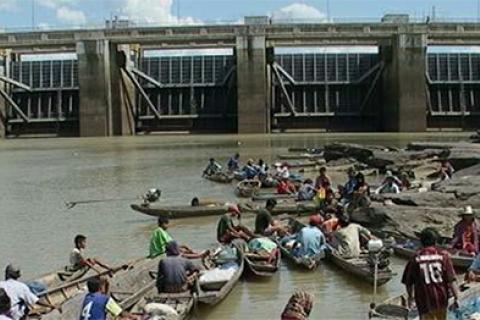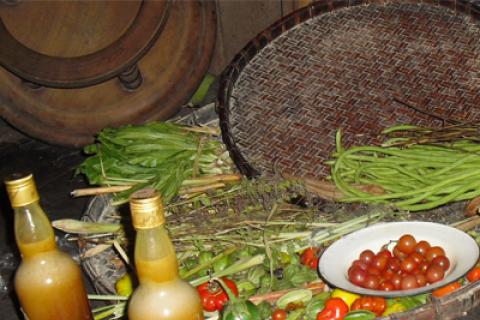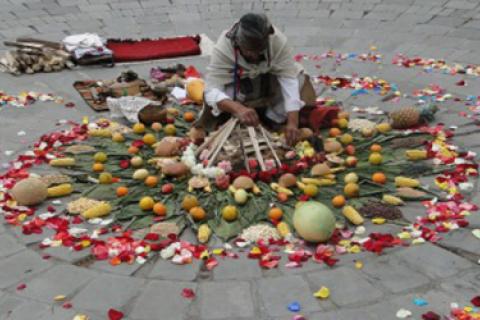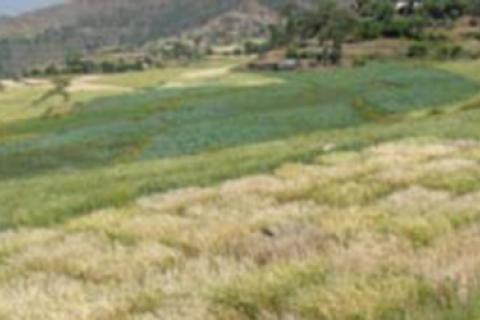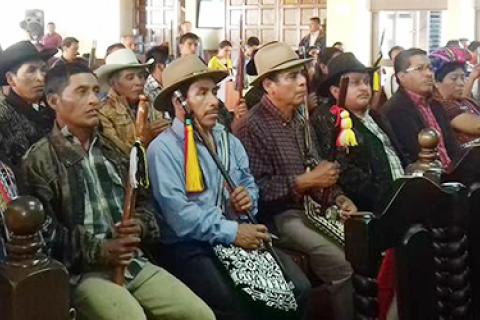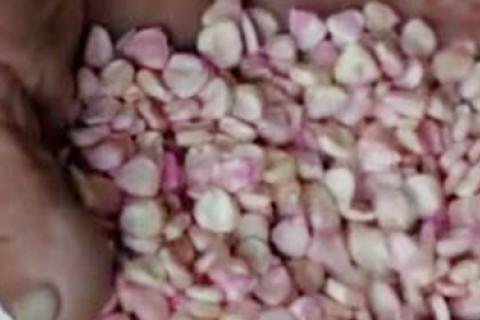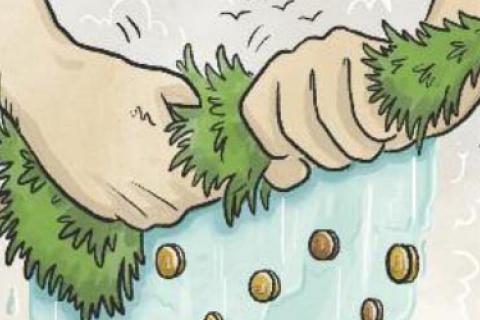The "conservation industry" – groups such as The Nature Conservancy, WWF, Conservation International, consultants and auditors of REDD+ projects – and funders like the World Bank celebrated the formal recognition of REDD+ in the Paris Agreement on Climate Change in December 2015. They have been lobbying for an inclusion of REDD+ into global carbon markets established by the UN's Kyoto Protocol for nearly a decade. For communities affected by REDD+ projects and programmes, however, the news will have been no reason to celebrate.
Bulletin articles
In December 2015, the Paris Agreement was celebrated with great fanfare. This agreement, part of the United Nations Framework Convention on Climate Change (UNFCCC), establishes new measures to reduce Greenhouse Gas Emissions, which are responsible for global warming.
Asia Tenggara: menghubungkan rakyat melawan investasi dan inisiatif konservasi skala-besar
WRM Bulletin 229_Bahasa version
เอเชียตะวันออกเฉียงใต้ : เชื่อมประสานประชาชนที่ต่อต้านโครงการลงทุนขนาดใหญ่และความริเริ่มด้านการอนุรักษ์
ฉบับที่ 229 - กุมภาพันธ์ / มีนาคม 2560
At a meeting in a wixárika community in Jalisco, México, with organizations and villagers from other areas, the language we used to communicate was Spanish. We discussed threats to territories, corn, transgenics, agrochemicals, “biopiracy” and the patenting of plants and indigenous knowledge. Most participants were wixáritari (called huicholes in Spanish). During the meeting, they talked amongst themselves in their language. They say words like “transgenics” and “biopiracy” in Spanish.
Interview with Blanca Chancoso, Kichwa member of the Otavalo peoples and vicepresident of ECUARUNARI – the Kichwa Confederation of Ecuador.
Skilful selection and nurturing of the seeds best suited to a particular location are at the heart of peasant farming and agroforestry systems. The resulting agrobiodiversity of hundreds of thousands of crop varieties and animal races found in peasants' fields around the globe provides the corner stone of the world’s food system. Peasant farmers and the local varieties that they developed are still feeding the majority of us.
Guatemala is located in the heart of Mesoamerica. Its enormous cultural diversity is a historical legacy of the Mayan culture, in which indigenous communities have developed systems of organizational thought and self-government—always tied to knowledge based on their worldview, spirituality and the continuous maintaining and renewing of their relationship with Mother Earth.
The CBD is a forum where organizations and movements can bring our positions and try to get them reflected in official documents. We do not believe the world will be changed at COP meetings (gatherings of CBD member governments), other CBD meetings, or any other United Nations Convention. It is a working space complementary to the daily work of resistance, mobilization, and transformation that we are doing at the grassroots level, together with local communities and Indigenous Peoples.
